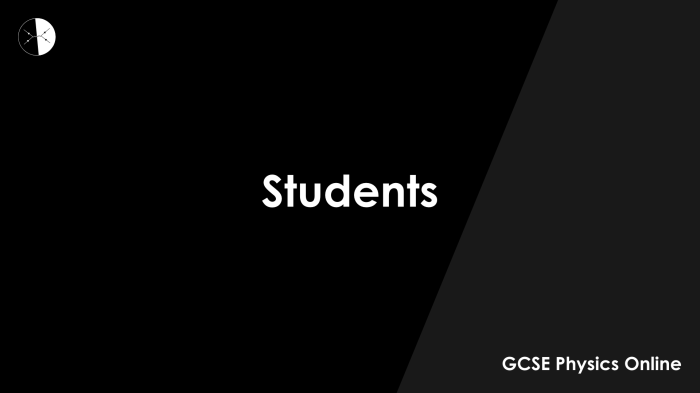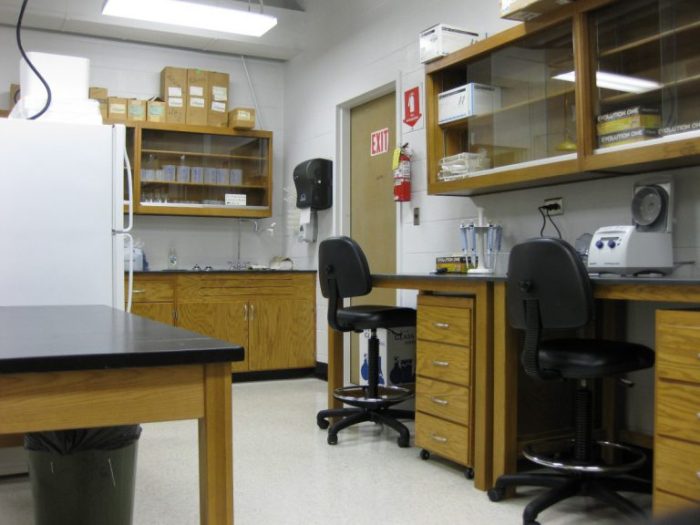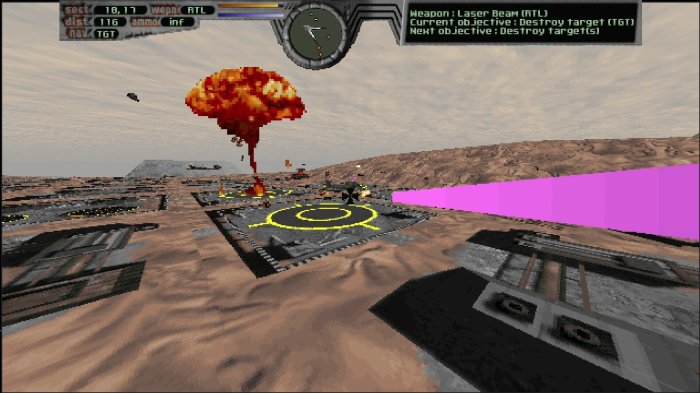Prepare to conquer the UGA Physics 1111 Lab Final with this comprehensive guide. We’ll navigate the exam structure, delve into key concepts, and provide expert tips to help you excel.
Get ready to unlock your physics potential and ace this crucial assessment.
Course Overview
The UGA Physics 1111 Lab Final serves as a comprehensive assessment of your understanding of the fundamental concepts and principles covered throughout the course.
The final exam will encompass a wide range of topics, including kinematics, dynamics, energy, momentum, and waves. It will test your ability to apply these principles to solve real-world problems and demonstrate your experimental skills.
Course Content
- Kinematics: Describing motion in one and two dimensions
- Dynamics: Newton’s laws of motion and their applications
- Energy: Conservation of energy and its applications
- Momentum: Conservation of momentum and its applications
- Waves: Properties and behaviors of waves
Your performance on the final exam will reflect your overall understanding of the course material and your ability to apply your knowledge to solve problems.
Exam Structure: Uga Physics 1111 Lab Final

The final exam for Physics 1111 Lab is a comprehensive assessment of your understanding of the fundamental concepts and skills covered throughout the course. It will evaluate your ability to apply these concepts to solve problems, analyze data, and interpret results.
The exam will consist of the following question types:
- Multiple-choice questions (20%): These questions will test your basic knowledge of the material and your ability to identify the correct answer from a set of options.
- Short answer questions (30%): These questions will require you to provide brief, concise answers to specific questions related to the course material.
- Data analysis and interpretation questions (50%): These questions will present you with experimental data and ask you to analyze it, draw conclusions, and make predictions.
The exam will be timed, with a total duration of 2 hours. Your performance on the exam will be graded based on the accuracy and completeness of your answers, as well as your ability to demonstrate a clear understanding of the concepts and skills being tested.
Study Guide
The study guide provides a comprehensive review of the key concepts and topics covered in the UGA Physics 1111 Lab final exam. It includes practice problems, sample questions, and review materials to help you prepare effectively.
By thoroughly reviewing the study guide, you can reinforce your understanding of the course material, identify areas where you need additional practice, and increase your confidence in your ability to perform well on the final exam.
Key Concepts and Topics
- Motion in One Dimension: Kinematics, dynamics, energy, and momentum.
- Motion in Two Dimensions: Vectors, projectile motion, circular motion, and work and energy.
- Rotational Motion: Torque, angular momentum, and rotational kinetic energy.
- Simple Harmonic Motion: Springs, pendulums, and waves.
- Fluids: Density, pressure, buoyancy, and fluid dynamics.
- Heat and Thermodynamics: Temperature, specific heat, heat transfer, and the laws of thermodynamics.
- Electricity and Magnetism: Electric fields, magnetic fields, circuits, and electromagnetic waves.
- Modern Physics: Relativity, quantum mechanics, and nuclear physics.
li> Optics: Reflection, refraction, lenses, and optical instruments.
Lab Experiments
The lab experiments conducted throughout the semester have been meticulously designed to provide you with hands-on experience in applying the fundamental principles of physics. These experiments not only reinforce the theoretical concepts covered in lectures but also equip you with essential experimental skills that are crucial for scientific inquiry.
The experiments encompass a wide range of topics, from kinematics and dynamics to waves and optics. Each experiment involves a specific set of procedures, data analysis techniques, and expected outcomes. By actively participating in these experiments, you have gained valuable insights into the experimental process and developed a deeper understanding of the physical phenomena being studied.
Experiment 1: Kinematics of Motion
In this experiment, you investigated the motion of objects in one and two dimensions. You collected data on position, velocity, and acceleration, and used graphical analysis techniques to determine the relationships between these quantities. The experiment provided a concrete understanding of the concepts of displacement, velocity, and acceleration, and their interdependence.
Experiment 2: Newton’s Laws of Motion
This experiment focused on the application of Newton’s laws of motion to real-world scenarios. You investigated the relationship between force, mass, and acceleration, and learned how to calculate the forces acting on objects in various situations. The experiment reinforced the principles of equilibrium, momentum conservation, and energy conservation, and their importance in understanding the dynamics of physical systems.
Experiment 3: Waves and Optics
In this experiment, you explored the properties of waves and light. You investigated the phenomena of interference, diffraction, and polarization, and learned how to use optical instruments to analyze the characteristics of light waves. The experiment provided a foundation for understanding the wave nature of light and its applications in various fields, such as imaging and communication.
Experiment 4: Electric Circuits
This experiment introduced you to the basic principles of electricity and electric circuits. You built and analyzed simple circuits, and learned how to measure current, voltage, and resistance. The experiment provided a practical understanding of Ohm’s law, Kirchhoff’s laws, and the behavior of resistors, capacitors, and inductors in circuits.
Experiment 5: Thermodynamics
In this experiment, you investigated the principles of thermodynamics and heat transfer. You measured the temperature changes of various systems and learned how to calculate heat capacity and specific heat. The experiment provided a foundation for understanding the concepts of energy transfer, entropy, and the laws of thermodynamics.
Conceptual Understanding
Conceptual understanding is crucial for success in the final exam. It involves comprehending the fundamental principles and concepts of physics, rather than just memorizing formulas and equations.Conceptual questions typically require you to explain or apply physical principles to real-world situations.
To answer them effectively, start by identifying the relevant concepts and principles. Then, use logical reasoning and evidence to support your answers.
Example Questions
- Explain the concept of momentum and how it is conserved in a collision.
- Describe the relationship between force, mass, and acceleration according to Newton’s second law.
- Discuss the principles of energy conservation and how they apply to a swinging pendulum.
Study Strategies
- Review your lecture notes and textbooks to reinforce the key concepts.
- Practice solving conceptual problems from past exams or assignments.
- Form study groups to discuss and explain concepts to each other.
- Seek clarification from your instructor or TA if you have any doubts.
Problem-Solving Skills
The final exam for Physics 1111 Lab requires a solid foundation in problem-solving skills. These skills enable you to analyze physics problems, identify relevant concepts, and apply them to find solutions.
Approaching physics problems effectively involves several steps. First, carefully read the problem and identify the given information. Then, determine the concepts and principles that apply to the situation. Sketching a diagram or creating a free-body diagram can often help visualize the problem and identify the forces or interactions involved.
The UGA Physics 1111 lab final is just around the corner, and I’m starting to feel the pressure. I’ve been studying hard, but I can’t help but feel like I’m forgetting something. Maybe I should take a break and check out some thoat vi dia dem tieng anh . That always helps me relax and clear my mind.
Then I can come back to my studies refreshed and ready to tackle the final.
Types of Physics Problems
- Conceptual Problems:These problems require you to understand and apply physics concepts without necessarily performing calculations. They test your qualitative understanding of physics principles.
- Quantitative Problems:These problems involve numerical calculations and require you to apply equations and formulas. They assess your ability to solve problems using mathematical techniques.
- Experimental Problems:These problems present you with data from experiments and ask you to analyze the results. They evaluate your ability to interpret experimental data and draw conclusions.
Exam Preparation Strategies

Preparing for the Physics 1111 lab final can be a daunting task, but with the right strategies, you can maximize your chances of success.
Effective exam preparation involves a combination of time management, study techniques, and stress management. Here are some tips to help you prepare effectively:
Time Management, Uga physics 1111 lab final
- Create a study schedule and stick to it.
- Break down the material into smaller chunks and tackle them one at a time.
- Prioritize your studying based on the difficulty of the topics.
- Take breaks to avoid burnout and maintain focus.
Study Techniques
- Review your notes regularly to reinforce the concepts.
- Practice solving problems to develop your problem-solving skills.
- Form study groups to discuss the material and quiz each other.
- Seek clarification from your instructors if you encounter any difficulties.
Stress Management
- Get enough sleep before the exam.
- Eat a healthy breakfast on the day of the exam.
- Take deep breaths and stay calm during the exam.
- Remember that it’s just an exam, and it doesn’t define your intelligence or worth.
Additional Resources

To further enhance your preparation for the final exam, we encourage you to explore the following resources:
These resources provide valuable insights, practice opportunities, and support to supplement your studies.
Online Resources
- Coursera Physics 1111:This online course offers comprehensive video lectures, quizzes, and interactive simulations.
- Khan Academy Physics 1:This website provides a wealth of free video tutorials, practice exercises, and articles covering essential physics concepts.
- MIT OpenCourseWare Physics 1111:This repository hosts lecture notes, problem sets, and video recordings from the Massachusetts Institute of Technology’s introductory physics course.
Textbooks
- University Physics with Modern Physics (15th Edition) by Young and Freedman:This widely-used textbook provides a thorough overview of physics concepts with clear explanations and numerous examples.
- Essential University Physics (4th Edition) by Wolfson and Pasachoff:This textbook focuses on the fundamental principles of physics and emphasizes problem-solving skills.
- Physics for Scientists and Engineers with Modern Physics (10th Edition) by Serway and Jewett:This comprehensive textbook offers in-depth coverage of physics topics and includes a variety of practice problems.
Tutoring Services
- University Tutoring Center:The university offers free tutoring services to students in various subjects, including physics.
- Private Tutors:Consider hiring a private tutor for personalized guidance and support in areas where you need additional assistance.
- Online Tutoring Platforms:Platforms like Tutor.com and Chegg provide access to experienced tutors who can help you understand concepts and solve problems remotely.
Key Questions Answered
What is the format of the UGA Physics 1111 Lab Final?
The exam typically includes multiple-choice questions, short answer questions, and problem-solving exercises.
How much time is allotted for the exam?
The exam duration is usually around 2-3 hours.
What is the best way to prepare for the exam?
Review course notes, practice problem-solving, and seek clarification from instructors or peers.
What resources are available for additional support?
Online resources, textbooks, and tutoring services can provide valuable assistance.
